Analyst
The home of premier fundamental discoveries, inventions and applications in the analytical and bioanalytical sciences.
Editor-in-Chief: Melanie Bailey
Open Access: Hybrid

Analyst has been at the forefront of analytical and bioanalytical science since 1876, publishing high-quality research that offers new insights and innovative measurement solutions to core challenges in the field.
ISSN: 1364-5528
Indexed in: MEDLINE, Scopus, Web of Science
Journal Impact factor
3.3 (2024)
First decision time (all)
11 days
First decision time (peer reviewed)
27 days
Scope
At Analyst, we publish both primary research and review articles, ensuring a comprehensive coverage of significant advancements in analytical measurement technology. Our broad scope spans fundamental breakthroughs and practical developments with applications across the full spectrum of the analytical sciences. We welcome submissions on a wide range of groundbreaking topics, including but not limited to:
- Biological and chemical sensors
- Biomedical analysis and diagnostics
- Electrochemistry
- High throughput screening advances, including lab automation
- Imaging techniques
- Machine learning, AI, and data processing in measurement science
- Mass spectrometry
- Microfluidics and miniaturized analysis systems
- Nanoscience applied to measurement science
- Pharmaceutical analysis
- Chemical informatics including proteomics, metabolomics, and other 'omics
- Separation science
- Spectroscopy
- Surface analysis
We do not consider submissions that focus on:
- Routine uses of established analytical techniques and methods
- Synthesis, characterisation, or development of materials and synthetic approaches that do not introduce novel measurement methods or innovative applications for enhanced sensing or performance
- Applying existing methods to new targets without significant novelty
- Statistical analysis that lacks a clear analytical purpose
How do Analyst and Analytical Methods compare?
From discovery to recovery – Analyst and Analytical Methods working together for the analytical community
Analyst, 2011, 136, 429. DOI: 10.1039/c0an90013c
Readership
Analyst is widely read by scientists and engineers dedicated to innovating, developing, and applying cutting-edge techniques in measurement science. This includes chemists, biologists, engineers, materials scientists, and clinical/biomedical researchers, whose interests encompass fundamental, applied, and translational applications.
Information for authors
Want to publish in this journal? Our author guidelines explain how to prepare and submit your article and provide useful information on the review and publication process including transfers, revisions and any article processing charges (APCs) that may apply.
You can read our payments and funding information for further details about APCs, which may apply for publishing open access in this journal, as well available discounts and waivers.
You may be able to publish open access in this journal, with no APC to pay, if your institution has an open access agreement with us. You can use our journal finder tool to check for agreements between us and your institution.
Meet the team
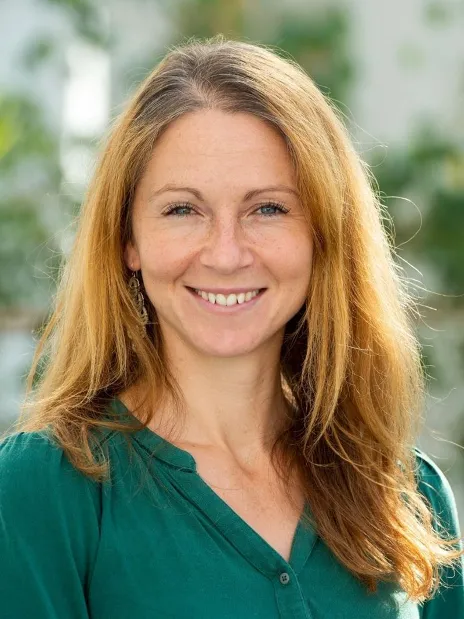
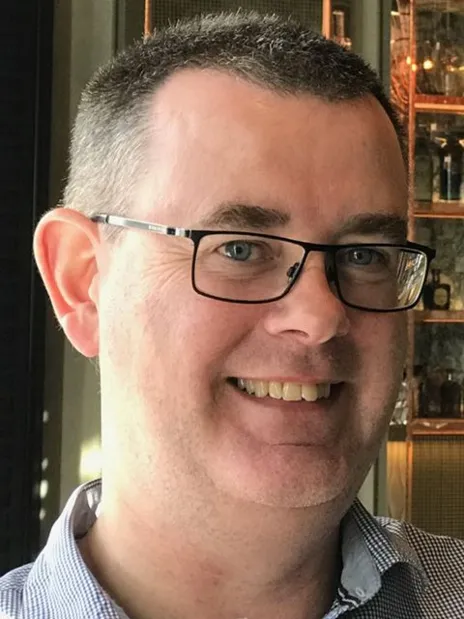
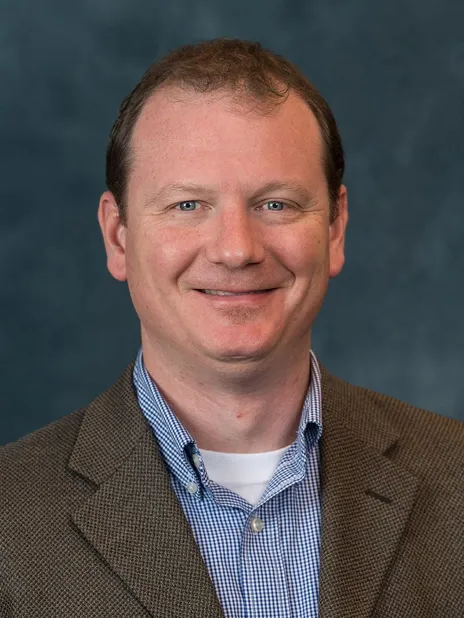



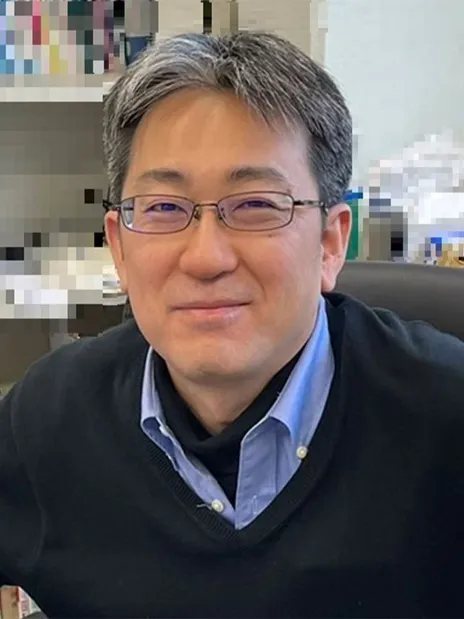
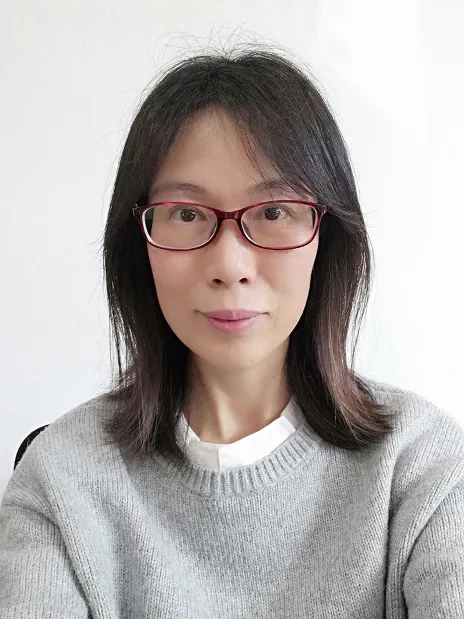
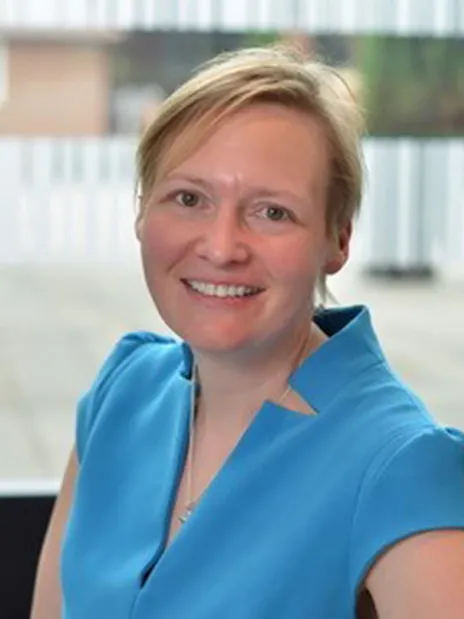



Matthew Baker
University of Central Lancashire
Paul Bohn
University of Notre Dame
Claudia Conti
CNR
R Graham Cooks
Purdue University
Volker Deckert
University of Jena
Priyanka Dey
University of Portsmouth
Professor Jeffrey Dick
Purdue University
Joshua Edel
Imperial College London
Qun Fang
Zhejiang University
Facundo Fernandez
Georgia Institute of Technology
Roy Goodacre
University of Liverpool
Stephen Holman
AstraZeneca
Robert T Kennedy
University of Michigan
Kagan Kerman
University of Toronto
Klaus Koren
Aarhus University
Christine Kranz
Ulm University
Annamalai Senthil Kumar
Vellore Institute of Technology
Xiujun Li
University of Texas at El Paso
Lanqun Mao
Chinese Academy of Sciences
María Marín
University of East Anglia
Pavel Matousek
Rutherford Appleton Laboratory
Prakash Chandra Mondal
Indian Institute of Technology Kanpur
Wei Min
Columbia University
Boris Mizaikoff
University of Ulm
Howbeer Muhamad Ali
University of Liverpool
Takeaki Ozawa
The University of Tokyo
Professor Ashley Ross
University of Cincinnati
Muhammad J. A. Shiddiky
Charles Sturt University
Debbie Silvester
Curtin University
Steven A Soper
University of Kansas
Dana Spence
Michigan State University
Nick Stone
University of Exeter
Evan Williams
University of California
Chaoyong James Yang
Xiamen University
Yi-Lun Ying
Nanjing University
Philippa Ross
Executive Editor
Alice Smallwood
Deputy Editor
David Lake
Development Editor
Gabriel Clarke
Development Editor
Rebecca Garton
Editorial Manager
Derya Kara-Fisher
Publishing Editor
Emma Stephen
Publishing Editor
Charlie Palmer
Publishing Editor
Tabitha Jay
Publishing Editor
Darryl Wilks
Editorial Assistant
Andrea Whiteside
Publishing Assistant
Sam Keltie
Publisher
Read this journal
Paper
Leaky waveguide biosensors for label-free measurement of human serum albumin
Paper
Advancing atmospheric solids analysis probe mass spectrometry applications: a multifaceted approach to optimising clinical data set generation
Critical review
Laser wavelength selection in Raman spectroscopy
Paper
Enzyme-free temperature resilient amplification assay with toehold stem-loop probe
More from this journal
Contact the journal team
We're here to help. Contact the journal team if you have any questions about publishing your paper with us.
Sign up for journal email alerts
Get table of contents alerts and notifications about calls for papers, themed issues and more.
